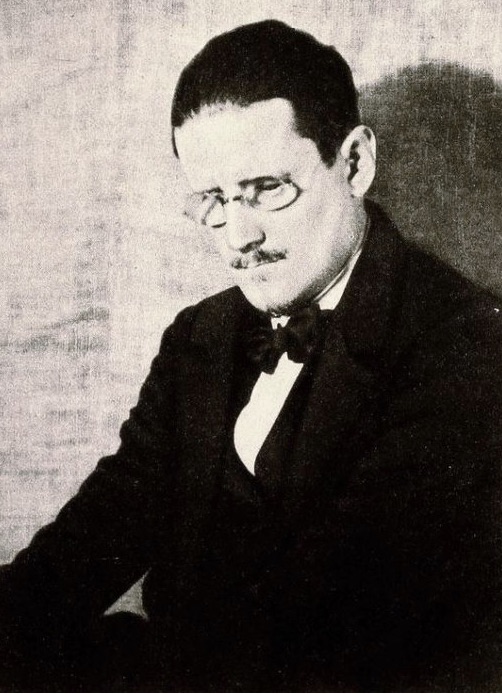
James Joyce was born on February 2, 1882 in Dublin, Ireland, the eldest of 10 siblings. He wrote his first poem, Et Tu at age nine and later attended Belvedere College, a Jesuit school where he further displayed his literary skills, winning first prize in the school’s competition in English composition in 1897 and 1898. On graduating from Belvedere, Joyce studied English, French and Italian at Dublin’s prestigious University College until completion of his degree in 1902. In April of the following year he was in Paris studying medicine, when he learned of his mother’s illness and returned immediately to her deathbed in Dublin. Rejecting some of the rituals of the Catholic religion, he refused his mother’s dying request that he make his confession and take the communion. However, critics continue to debate the enigmatic nature of his religious beliefs, expressed in the characters in his two novels, A Portrait of the Artist as a Young Man and Ulysses. It is the second of these for which Joyce is perhaps best known. The entire 18 episodes of Ulysses recount, in meticulous detail, the internal thoughts and interactions among the main characters that unfold in a single day, and showcased a new way for writers of fiction to develop their characters. James Joyce died on January 11, 1941 after surgery on a perforated duodenal ulcer.
One of Joyce’s most oft-quoted assertions: “Mistakes are the portals of discovery.”
